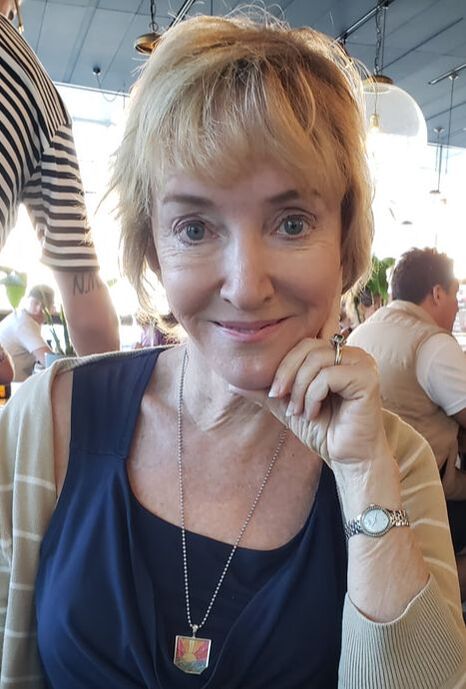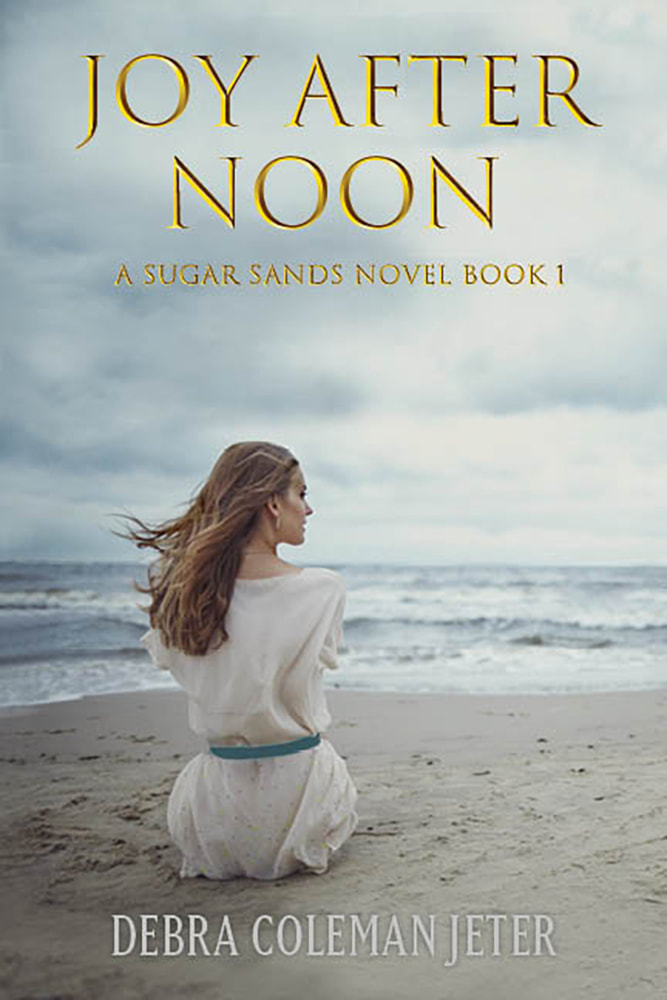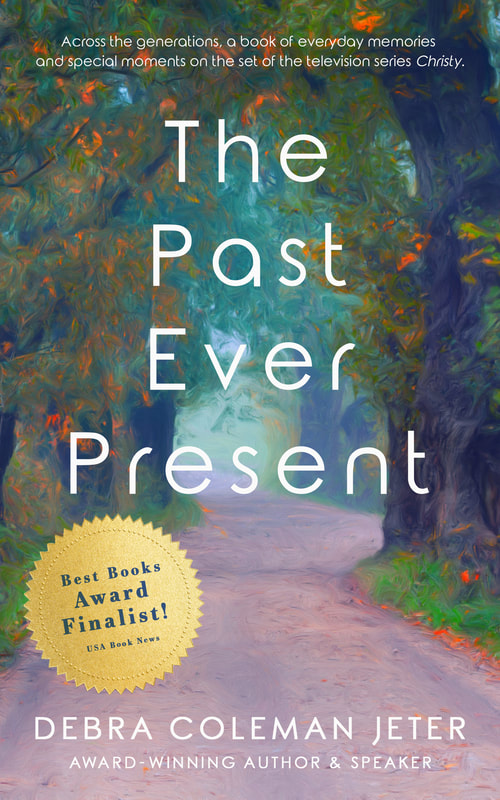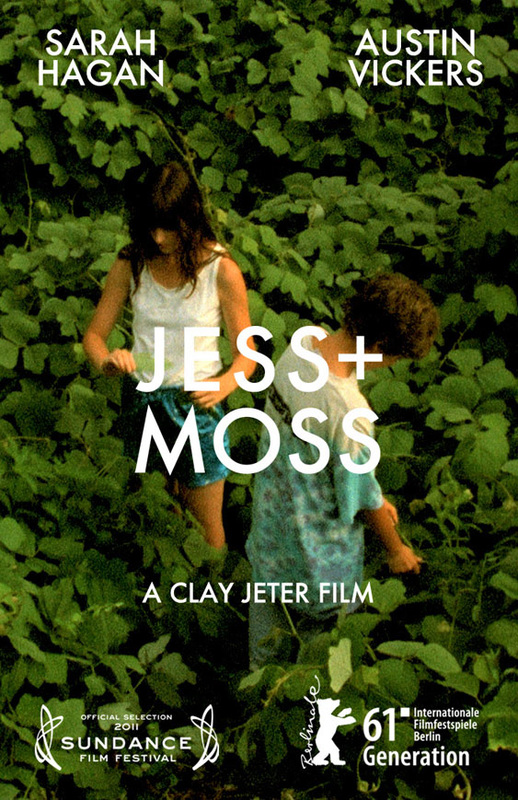|
My husband and I recently watched the movie, We Bought a Zoo, for the second time. Although I wrote the first draft of my novel, Joy after Noon, before seeing the movie the first time (at least I think I did), one aspect resonated with me this time. Benjamin Mee, the character played by Matt Damon, is grieving the death of his wife. At one point he remarks to Kelly (Scarlett Johansson) that a love like his for his first wife only comes along once in a lifetime. By the end of the movie, Benjamin and Kelly have not exchanged more than a kiss. Still, the question comes to mind: What would it be like to be the second wife to someone who had loved that deeply? On the one hand, you might think he’s capable of great love and would make a wonderful husband. On the other, you might fear you would never be able to live up to his expectations. How can you compete with a ghost? I have not experienced this situation myself, but some of my readers undoubtedly have. I would love to hear of your experience. In my novel, Joy is the second wife of a widower. Not a great beauty, Joy lacks self-confidence, especially in the domestic realm. Much of the plot hinges on her failure to express her fears and Ray’s failure to articulate his feelings. Like many men, he assumes she knows how he feels, and she’s not secure enough to tell him that she needs to hear it from his lips. This type of communication problem isn’t limited to second marriages but extends to many first marriages (or even third) as well. Nor is it limited to one sex or the other. Too often we assume our partner knows our needs, or knows how we feel; and, too often, they do not. Another complication that often arises in second or third marriages is the relationship between the children and their new step-mother. Ray’s step-daughters resolve to bring Joy down, and for a time their plan seems to be working—until it backfires with dire, unforeseen consequences.
0 Comments
Title for my upcoming novel, Joy After Noon
Initially, the idea behind my title was that my protagonist Joy’s life has been lonely (and joy has been elusive) since her parents died when she was sixteen, and she has about given up on finding love when she meets Ray. She comes into his ready-made family and, for a time, this seems like a mistake to her. However, in the afternoon of her life, she finds love and joy. When does the afternoon of life begin? Joy is much younger than I am, but she’s never been in a serious romantic relationship before, and she no longer expects one to happen when she meets Ray. She does not consider herself particularly desirable or even attractive, and she’s thrilled that Ray finds her beautiful. Doubts emerge, though, after the honeymoon, and soon she begins to question his real motives in marrying her. Yet, I think the concept goes deeper than this, and the afternoon of life does not begin at a particular age, or even stage of life. In the novel, Ray has been pursuing career success and material acquisitions, and experiences a significant change of direction. Some fairly disastrous events in his workplace precipitate the change in Ray—events that threaten not only his financial stability but the core of who he is. Even Ray’s teenage daughters experience significant change, as they are forced to think about issues of life and death. Carl Jung says: “The afternoon of life is just as full of meaning as the morning; only, its meaning and purpose are different.” Jung goes on to describe the afternoon of life as the time when we begin to shift away from the ego being the dominant force in our life moving toward a life journey that has real meaning. I also like the following quote: In the afternoon of your life, you don’t do life. You do what resonates with the callings of your soul. Follow the link below for an interesting interview on the subject with Dr. Wayne Dyer: https://www.positivelypositive.com/2013/06/28/the-afternoon-of-your-life/ |
Archives
June 2024
Categories |







 RSS Feed
RSS Feed